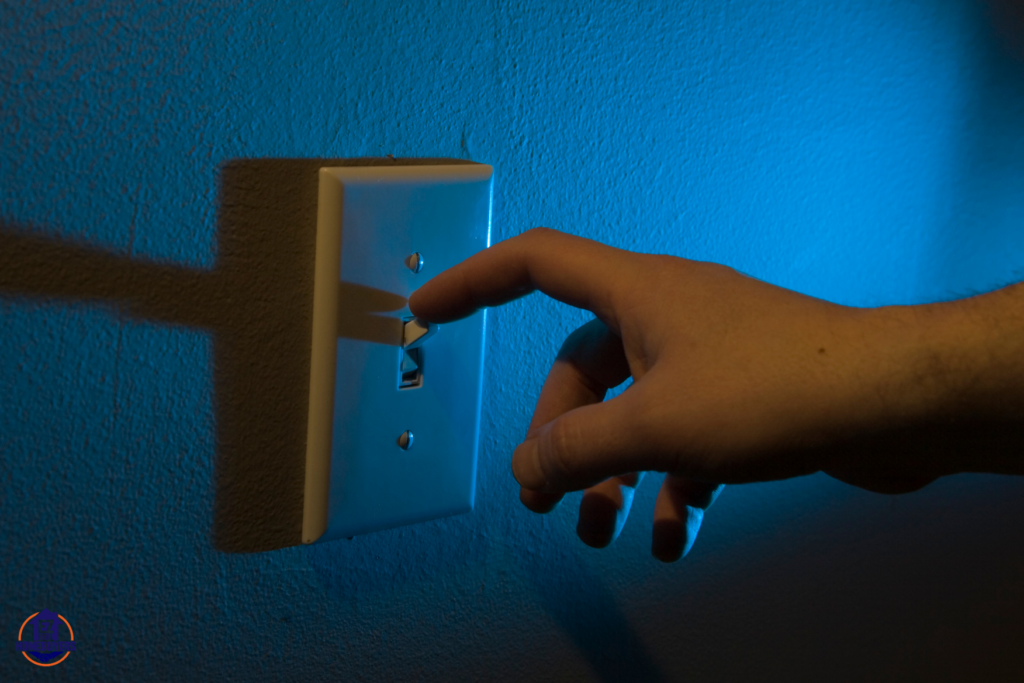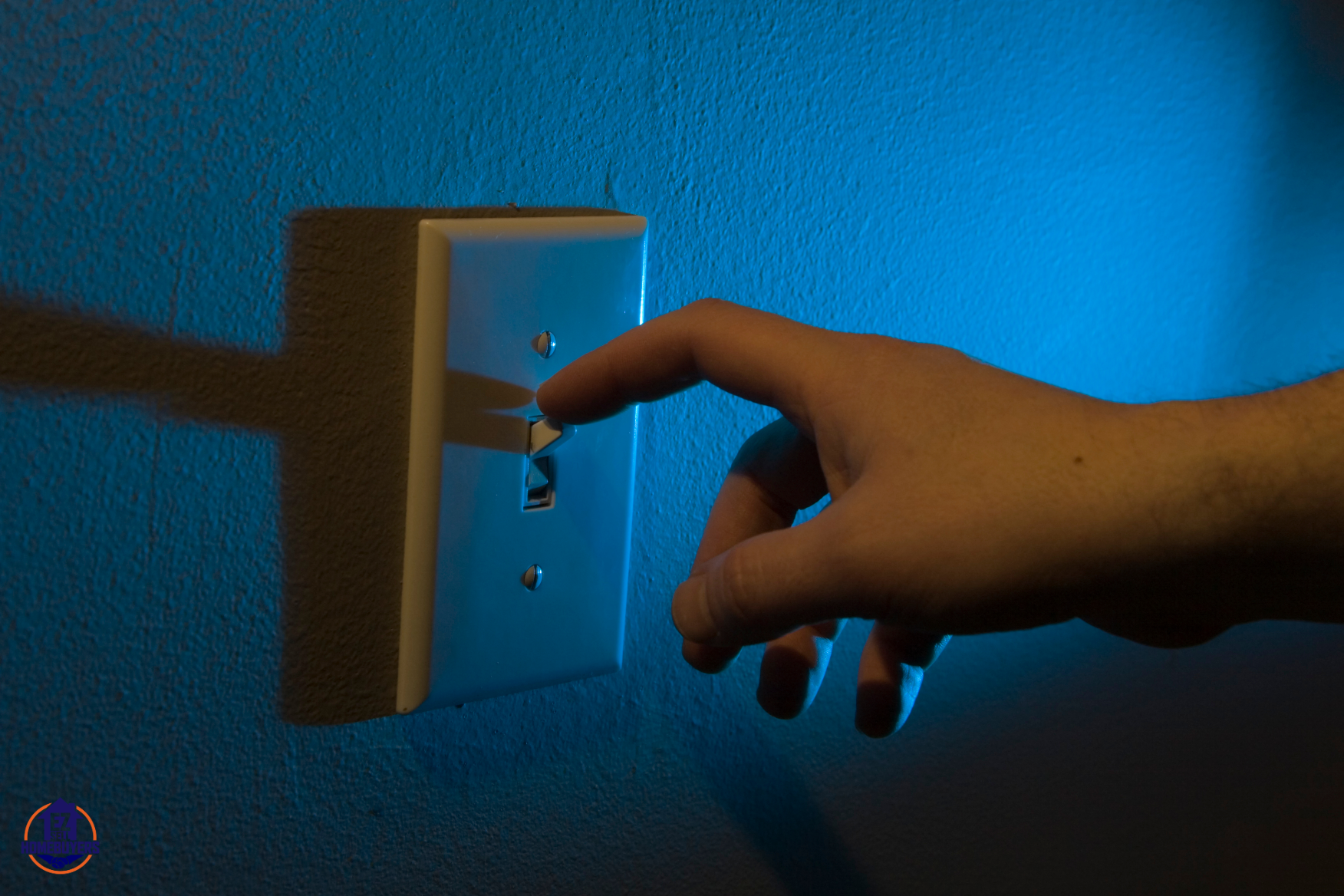As a seasoned real estate investor with over two decades of experience in Ohio, I have often dealt with the intricacies of managing utilities within rental properties. Landlords are concerned about the legality of turning off utilities to enforce payment or facilitate eviction. It’s crucial to understand both landlord and tenant rights, as codified in the Ohio Revised Code, to manage these situations properly.

Legal Framework Governing Utilities in Ohio Rental Properties
Under the Ohio landlord-tenant law, landlords are strictly prohibited from intentionally discontinuing utilities such as water, electricity, gas, or heating as a tactic to evict tenants. These actions are considered retaliatory and can lead to legal consequences. The Ohio Revised Code provides clear guidelines on this matter, which help maintain fairness and legal compliance in rental agreements.
Tenant Rights: Tenants are entitled to uninterrupted access to essential services like utilities, which are often included in the lease agreement. Any interruption not caused by utility company issues or uncontrollable events is considered a lease breach.
Landlord Rights: Managing properties requires adherence to the law. For instance, if utilities are in the tenant’s name and they fail to pay, resulting in a shutoff by the utility provider, the landlord is not held responsible. However, if the utilities are in the landlord’s name, using shutoff as a method to evict a tenant, even for non-payment of rent, is illegal.
Eviction Laws and Utility Termination in Ohio
From my firsthand experience, legally evicting a tenant requires following a stringent process. This begins with providing a clear, formal notice, specifying the violation and allowing a reasonable period for the tenant to remedy the situation or vacate the property. I recall a particular case where adhering to this procedure was essential in handling a non-payment issue effectively, emphasizing the importance of following legal guidelines meticulously.
Steps in the Eviction Process:
- Notice: Issue a written notice to the tenant, typically giving them three days to address the violation or vacate.
- Filing of Complaint: If compliance is not met, the landlord can file an eviction complaint with the local court.
- Court Hearing: Both parties present their case, and a judge decides based on the evidence and testimonies.
- Eviction Order: If the judge sides with the landlord, an eviction order is issued, and if necessary, law enforcement can remove the tenant.
Using utility shutoff as an eviction method bypasses these legal steps and can lead to severe legal repercussions.
Landlord Utility Responsibilities
My experience underscores the importance of maintaining continuous utility service, except during necessary repairs or emergencies. Proactive communication about scheduled interruptions is crucial to minimize tenant inconvenience and disputes. Adherence to Ohio’s utility management regulations ensures transparency and fosters trust between landlords and tenants.
Dispute Resolution for Landlords and Tenants
Effective dispute resolution can often be achieved through mediation, a less adversarial and more cost-effective approach. Ohio offers various resources for landlord-tenant mediation, which I have found beneficial in resolving conflicts without resorting to legal action.
Best Practices for Managing Utility Issues
Clear lease agreements, meticulous record-keeping, adherence to legal standards, and professional advice are fundamental. For landlords finding the legal landscape and tenant management challenging, selling the property to a cash investor might be a viable option. This can simplify property management, especially in complex situations like ongoing tenant disputes or when managing multiple properties.
Conclusion
Turning off utilities to evict a tenant is both unethical and illegal in Ohio. As landlords, adhering to the formal legal procedures for eviction and utility management is crucial. Understanding and respecting Ohio’s comprehensive landlord-tenant laws not only protects from legal issues but also upholds the rights and dignity of tenants. Managing rental properties effectively and profitably requires a legal and respectful approach to landlord-tenant relationships. By considering options like selling to a cash investor, landlords can find practical solutions to manage or divest challenging properties efficiently.
FAQ for “Navigating Utility Shutoff Laws for Landlords and Tenants in Ohio”
1. Can a landlord in Ohio legally turn off utilities to force a tenant to pay rent or vacate?
- No, it is illegal for landlords in Ohio to intentionally shut off utilities such as water, electricity, gas, or heating to evict a tenant. Such actions are considered retaliatory and are punishable by law.
2. What rights do tenants have regarding utilities in Ohio?
- Tenants have the right to uninterrupted access to essential utilities like water, electricity, and heating. Any disruption not caused by utility company issues or uncontrollable events can constitute a breach of the lease agreement.
3. What steps must a landlord take to legally evict a tenant in Ohio?
- The eviction process in Ohio involves several legal steps:
- Serve a formal notice to the tenant specifying the violation.
- If the tenant does not remedy the situation, file an eviction complaint in court.
- A court hearing will be held where both parties can present their case.
- If the eviction is granted by a judge, law enforcement can help remove the tenant if they do not leave voluntarily.
4. Are landlords responsible for utility bills if they are in the tenant’s name?
- No, if utilities are in the tenant’s name and they fail to pay, leading to a shutoff, the landlord is typically not responsible. The tenant is responsible for maintaining their utility payments as agreed in the lease.
5. What should a landlord do if they need to interrupt utility service for repairs?
- Landlords should provide tenants with advance notice of any planned interruptions due to repairs or emergencies. This communication helps minimize inconvenience and is a requirement under Ohio’s regulations.
6. How can landlords and tenants resolve disputes over utilities or other issues?
- Disputes can often be resolved through mediation, which is a less adversarial and cost-effective method. Ohio offers several resources for landlord-tenant mediation, helping both parties reach a mutual agreement without going to court.
7. What options do landlords have if managing utility issues and tenant relationships becomes too challenging?
- Landlords who find the legal and managerial responsibilities overwhelming might consider selling the property to a cash investor. This option can simplify the landlord’s responsibilities, especially in cases of complex tenant issues or multiple property management.
This FAQ aims to clarify the most common questions about utility management and tenant relations in Ohio, providing landlords and tenants with a better understanding of their rights and responsibilities.

